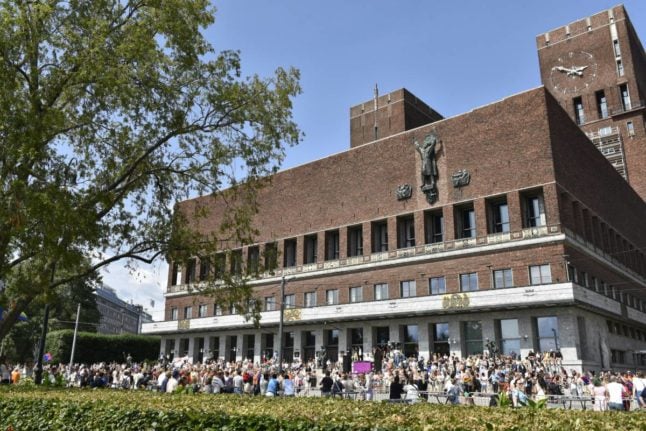Due to its high standard of living and average wages, Norway is an attractive destination for international citizens seeking better jobs and life opportunities.
However, moving to the country can often involve a lot of red tape – especially if you’re not a national of a European Union (EU) or European Economic Area (EEA) country.
EXPLAINED: The rules for moving to Norway for work
Issues related to getting a work or residency permit occur quite frequently. While some might be minor and can be solved with some extra time and patience, others might involve circumstances in which seeking legal counsel may be advisable.
Work permits and residency permits in Norway
Work permits (a type of residence permit) allow foreign nationals to live and work in Norway for a specified period.
Different types of such permits are available in the country, depending on factors such as the applicant’s nationality, job offer, and qualifications.
Obtaining a residence permit for work typically involves a comprehensive application process, including documentation and fees.
You can find out more about the requirements for getting a residence permit for work in Norway in The Local’s guide on the topic.
READ MORE: The most common reason Norwegian permanent residence applications are rejected
Residency permits, as a more general category, are granted to foreign nationals who plan to reside in Norway for extended periods.
In 2022, around 16,000 people were granted permanent residence in Norway.
Residency permits are typically obtained by family members of Norwegian residents, students, or people seeking family reunification.
These permits also require a thorough application process, which can be intricate and very slow, at times.

When is it advisable to seek help from a lawyer?
There is a broad range of permit-related situations in which it might be a good idea to seek out professional help. Such circumstances may involve administrative errors, highly complex cases, language difficulties, appealing permit decisions, and similar.
The most common ones are usually some of the following:
Complex cases and changing circumstances (career, family): If your situation involves complex legal issues, it’s advisable to consult with an immigration lawyer. Examples of such instances include cases with multiple permit types, appeals, changing circumstances, or requests for exceptions. Furthermore, if your circumstances change while in Norway, such as a job loss or marriage, it may affect your permit status. A lawyer can advise you on how to update your permits accordingly.
Language barrier and other language-related difficulties: Norway’s official language is Norwegian, and many official documents are – unsurprisingly – in Norwegian. If you are not proficient in the language, a lawyer can help you navigate the paperwork and communication with authorities. This is particularly important if your case is complex.
Application errors/omissions and denied applications: Mistakes and omissions in permit applications or processing can lead to delays or denials. A lawyer can help identify and rectify administrative errors proactively, ensuring a smoother process. If your permit application is denied, you may have the right to appeal the decision. An experienced lawyer can guide you through the appeals process and help strengthen your case. Note that, in 2021, around 10 percent of permanent residence applications were rejected as the applicant didn’t fulfil the requirements.
Legal rights and obligations: Understanding your legal rights and obligations as a foreign national in Norway is crucial – especially if your case meets unexpected hurdles. A specialised lawyer can provide clarity on matters such as employment rights and immigration law.
Dealing with Norwegian immigration authorities: If you face challenges dealing with Norwegian immigration authorities or require negotiations, an attorney can act as your advocate and communicate with Norwegian officials on your behalf.
The pros and cons
So, while not every work permit or residency permit issue in Norway requires legal representation, there are certain situations where consulting with an immigration lawyer is recommended – despite the often hefty costs associated with such services.
Lawyers can provide assistance in navigating complex processes, overcoming language barriers, appealing denials, and protecting your legal rights.
Ultimately, you should base your decision to hire a lawyer on the specific circumstances of your case and your comfort level with the process. Remember, there is no shame in asking for (qualified) help.
Legal advice can often make the difference between a successful permit application and a frustrating setback when it comes to starting your life in Norway – especially if you’re expecting challenges even before the process has formally been initiated.
There is a host of law firms in Norway that have the expertise and specialise in immigration law and residence, such as Reinholdt Advokatfirma, Magnus Legal, and Bergen Legal, to mention just a few.
Some even offer initial consultations free of charge, so make sure to familiarise yourself with the options in your area.



 Please whitelist us to continue reading.
Please whitelist us to continue reading.
Member comments